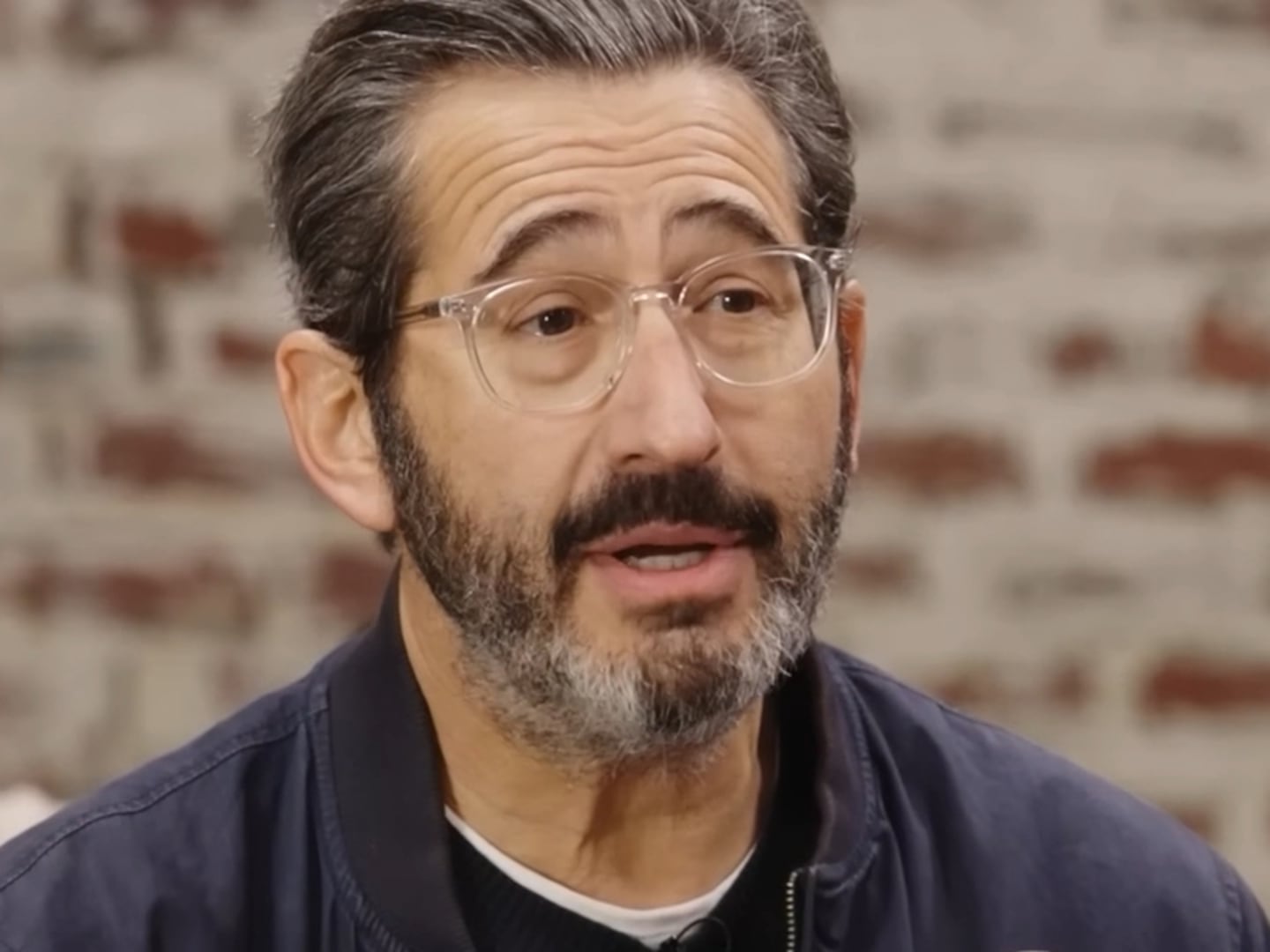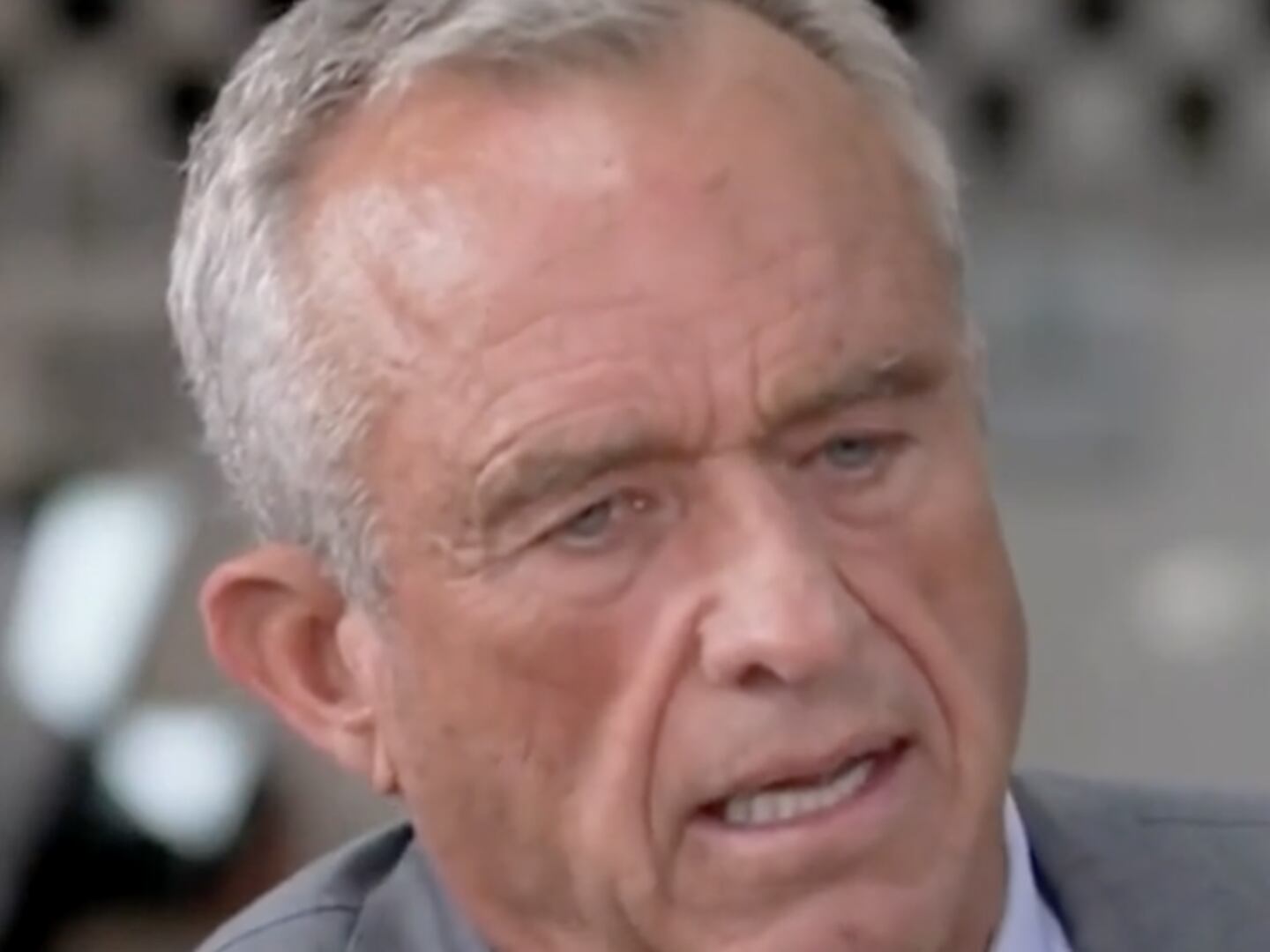U.S. News
Photo Illustration by The Daily Beast / Getty
Texas Supreme Court Denies Woman Carrying Doomed Fetus Seeking Abortion
'MISCARRIAGE OF JUSTICE'
Kate Cox asked a local court to allow her to terminate her pregnancy, but the state Supreme Court has blocked her from doing so.

Trending Now





